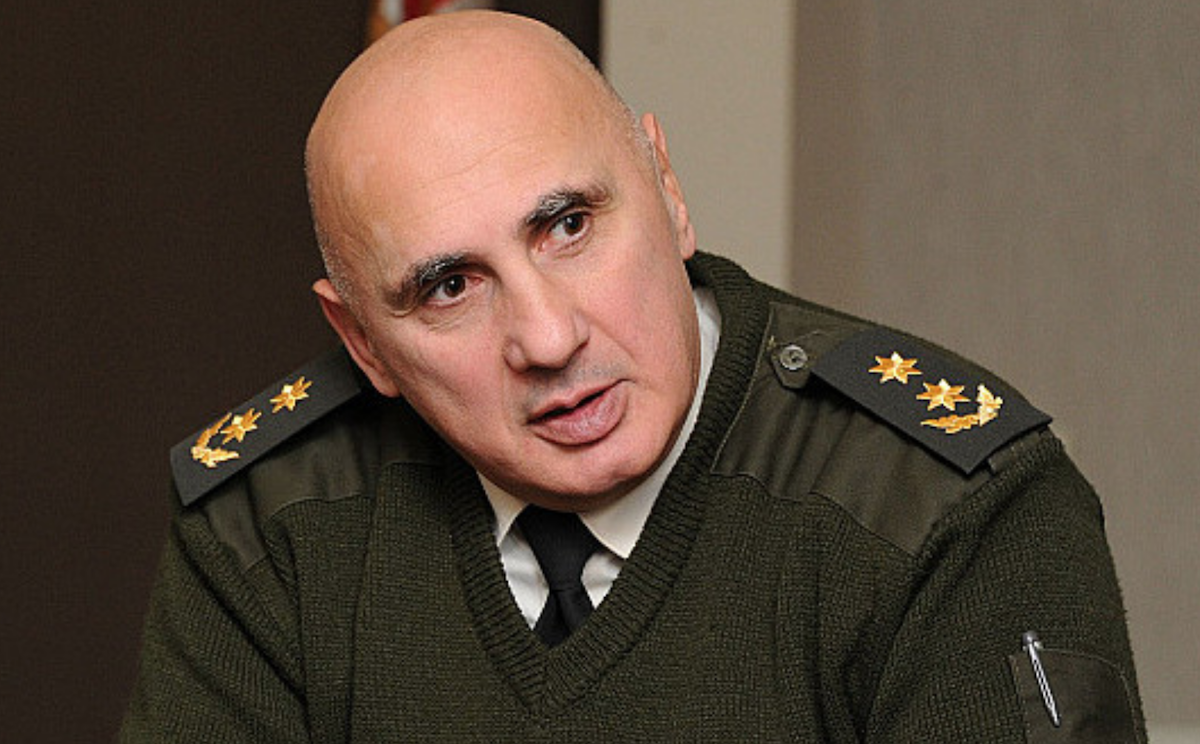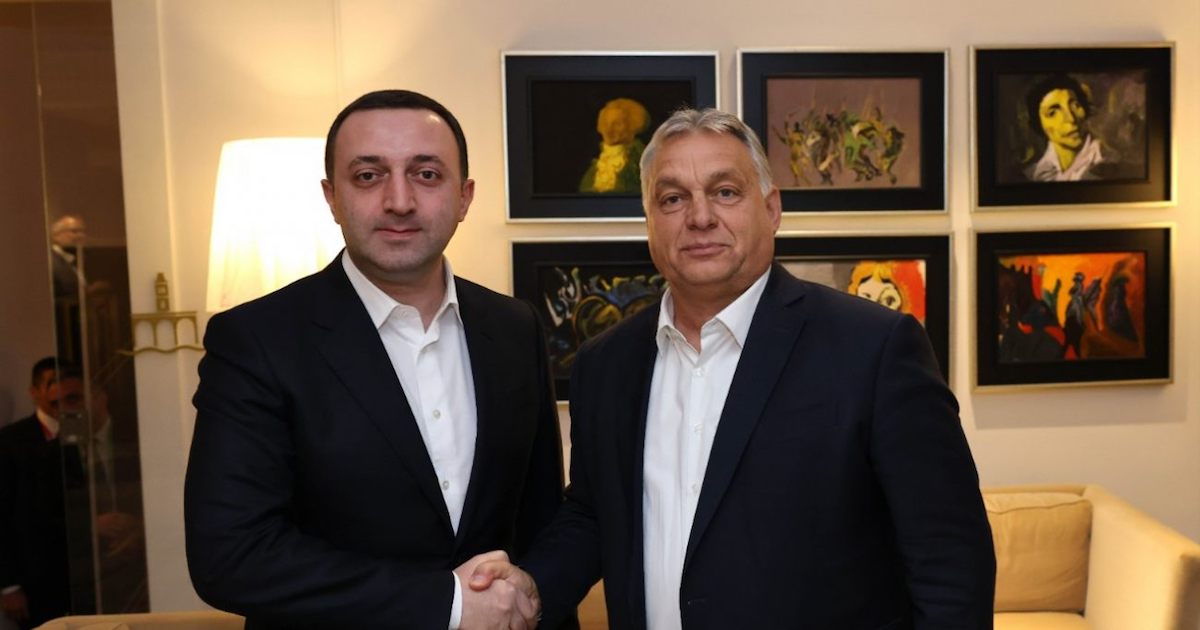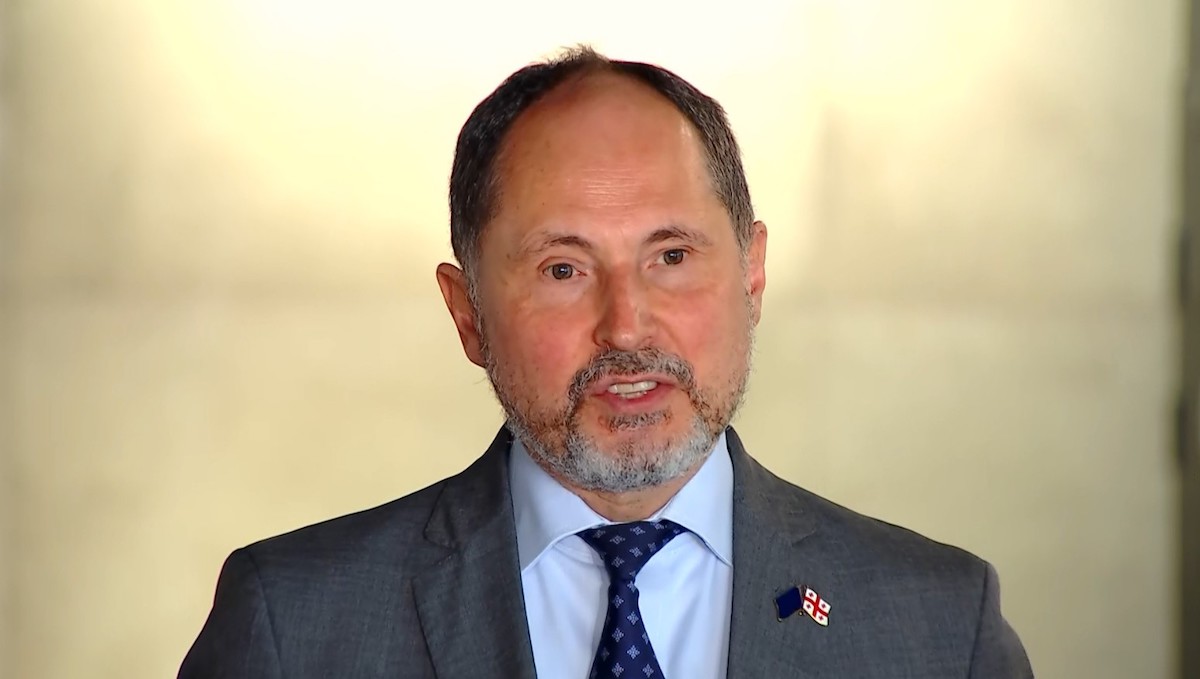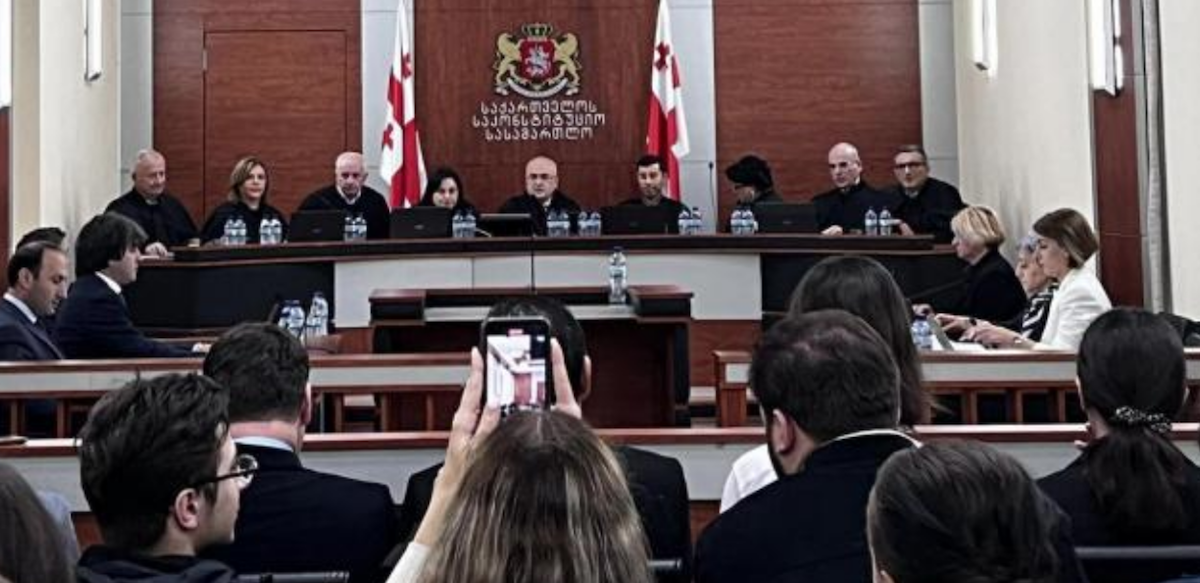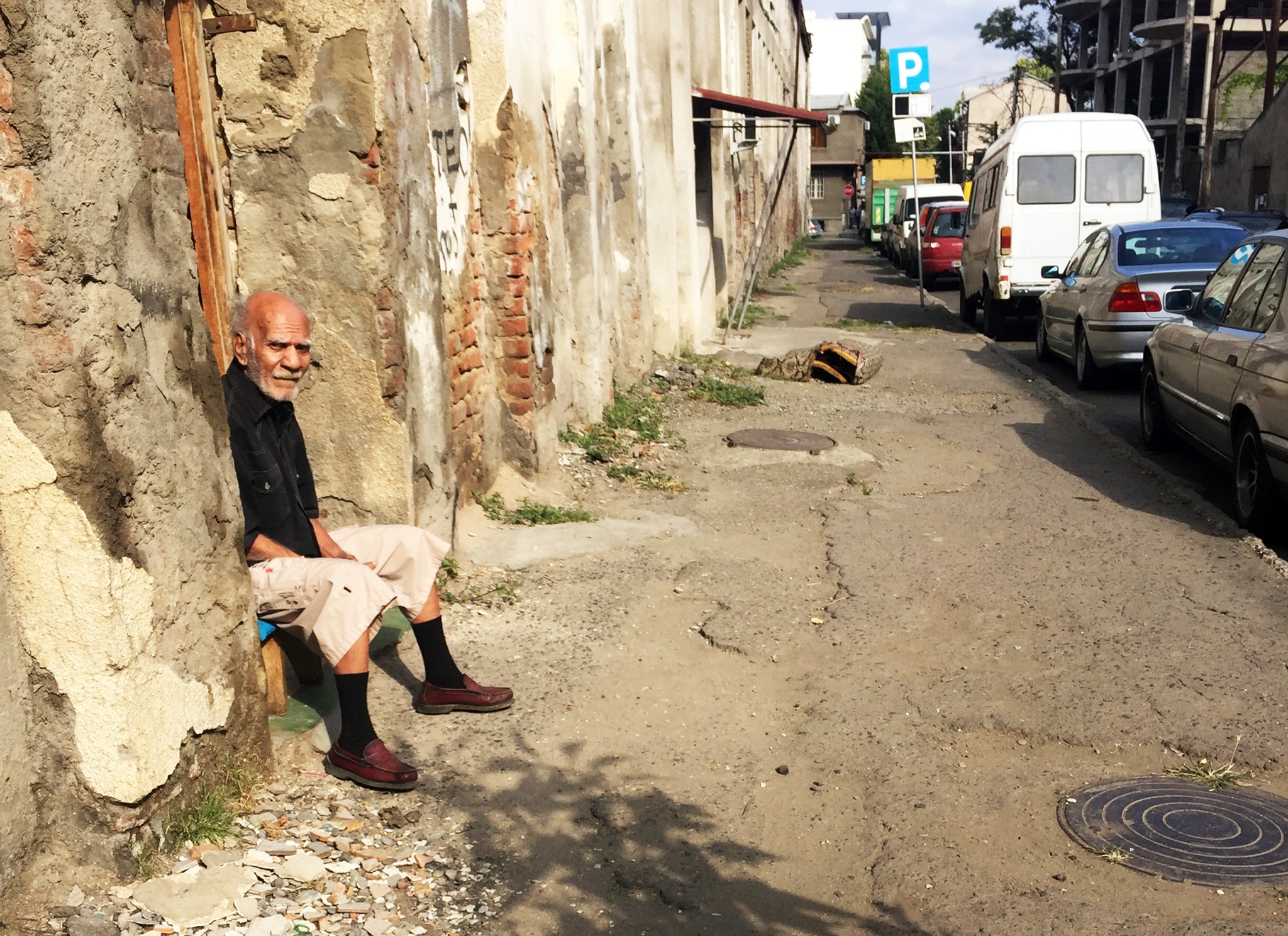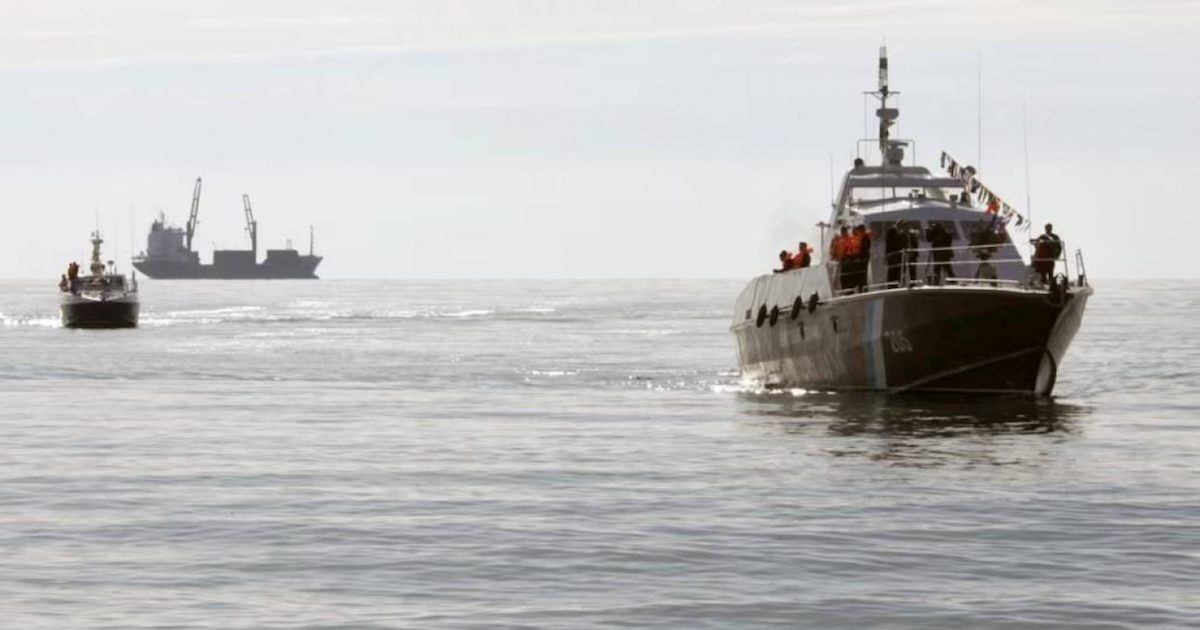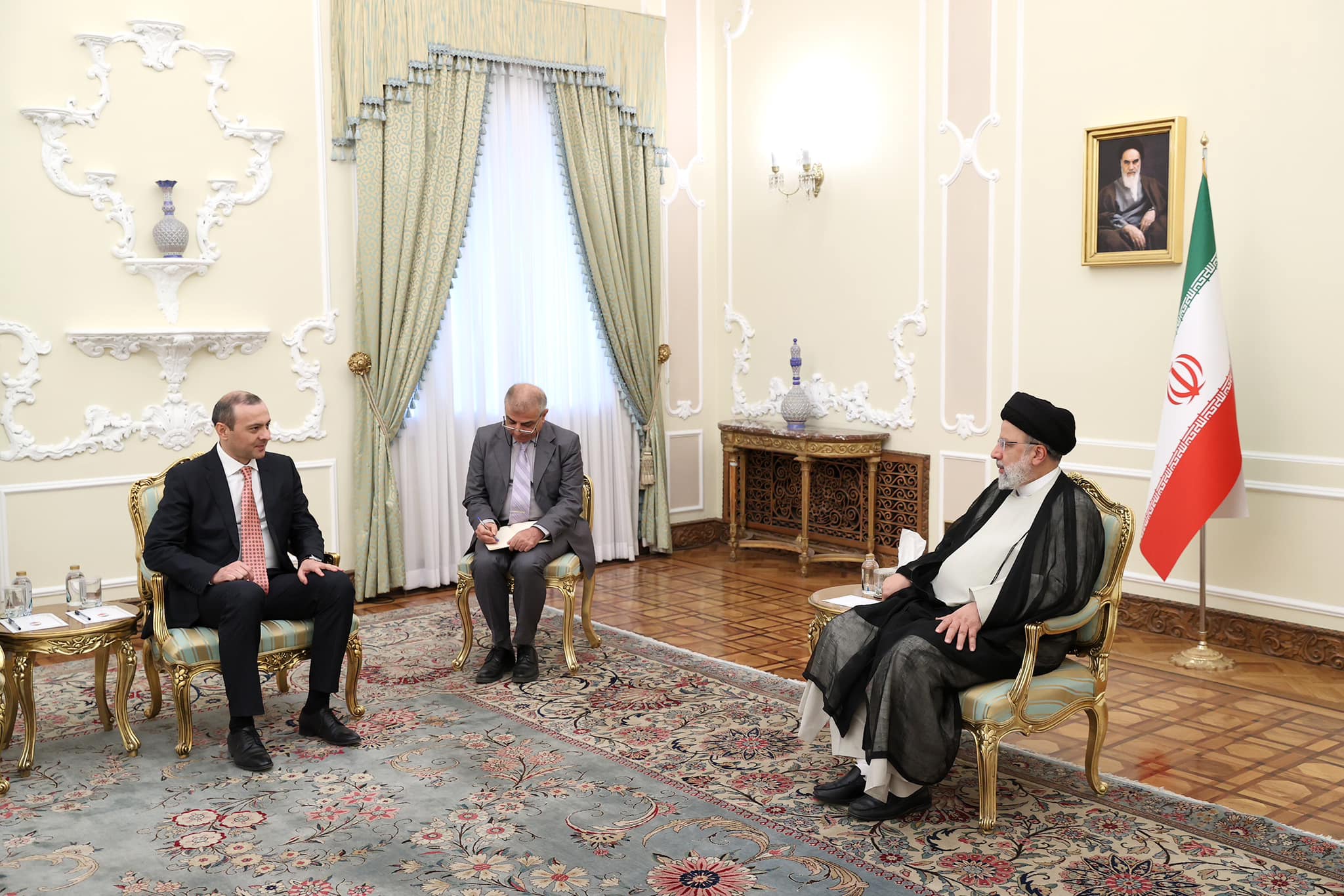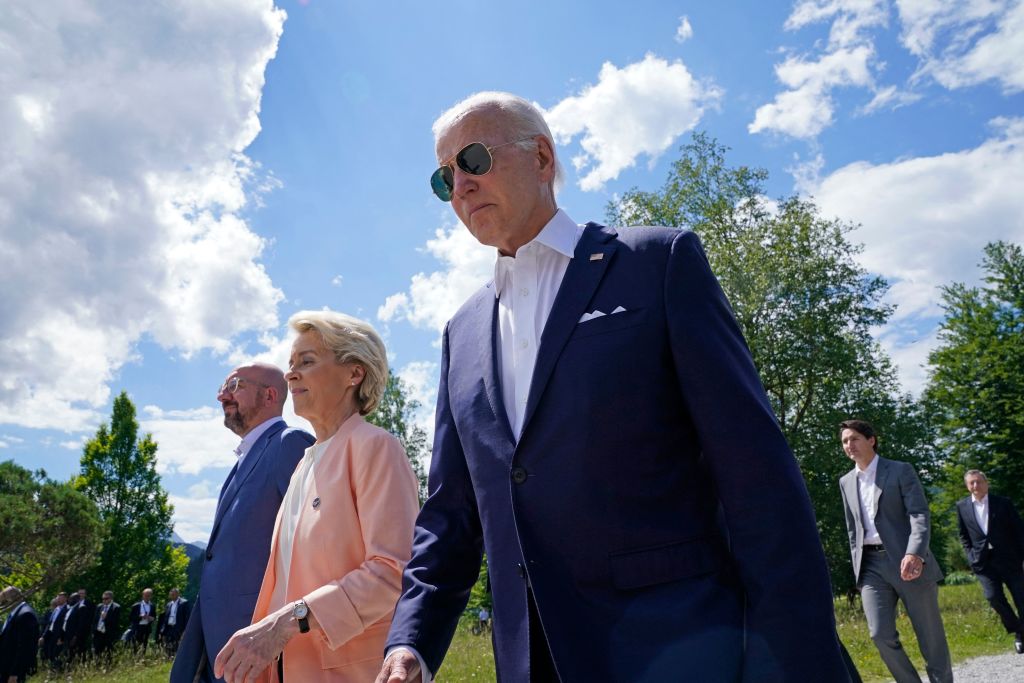The ancient Canaanite community mentioned in the Bible were a distinct population that migrated from the ‘Near East’ to the Southern Levant over several centuries, new DNA analysis reveals.
Canaanites lived in the Southern Levant – which is now Israel, the Palestinian Authority, Jordan and Lebanon – between 3,500 and 1,150 BC.
They lived in various townships and, previously, their genetic make-up and ancestry was not well understood.
But a new study has confirmed that they were genetically different to anyone else seen in the world.
An international team of researchers has found they were descended from a combination of two main groups of people: Neolithic inhabitants of the Levant and populations related to Copper Age Iranians, specifically the region of the Zagros Mountains, and Bronze Age people from Caucasus.
Over hundreds of years, Canaanites migrated from the Ancient Near East – what is now modern Georgia, Armenia, and Azerbaijan – into the Southern Levant.
Modern-day inhabitants share much of this Canaanite DNA, as only at three points in the last 4,000 years has an external influence penetrated the gene pool.
The three points were monumental in world history and are: the beginning of the Iron Age (1,000BC); the arrival of Alexander the Great (from 330BC); and the domination of the Ottoman Empire (1516AD).
Scroll down for video
The Canaanite populations did not remain static over time. Instead, they migrated slowly, over hundreds of years, from the Ancient Near East, what is now modern Georgia, Armenia, and Azerbaijan, into the Southern Levant (pictured)
Two studies have found Canaanites were a secular people, rarely breeding with outsiders, and were descended from two main lineages: Neolithic inhabitants of the Levant and populations related to Bronze Age Iranians and people from Caucasus.pictured, one of the study sites in Israel
A host of researchers from all around the world analysed the remains of 93 individuals who lived over 1,500 years, at nine different sites in the Levant.
It revealed that the Canaanites do represent a clear group and, despite being from various locations, are closely related.
‘The Canaanites, albeit living in different city-states, were culturally and genetically similar,’ says Liran Carmel of The Hebrew University of Jerusalem.
The findings reveal that most of the Canaanites’ genetics was inherited from a mixture of local Neolithic populations and people from Copper-Age Iran and the Bronze Age Caucasus — modern-day Armenia, Azerbaijan, Georgia, and Russia.
Dr Carmel adds: ‘In addition, this region has witnessed many later population movements, with people coming from the northeast, from the south, and from the northwest.
‘Individuals from all sites are highly genetically similar, albeit with subtle differences, showing that the archaeologically and historically defined “Canaanites” corresponds to a demographically coherent group.’
This, they say, is proof that the Southern Levant saw a gradual and continuous stream of migration from the Near East.
Canaanites migrated slowly, over hundreds of years, from the Ancient Near East, what is now modern Georgia, Armenia, and Azerbaijan, into the Southern Levant. Pictured, one of the study sites
An ancient 3,200-year-old Canaanite temple has been discovered in Israel which was part of a biblical city destroyed by Joshua.
Inside, archaeologists found various statues of different gods, including two bronze figurines said to be ‘smiting’.
The temple, from about the 12th century BC, was once part of the powerful Canaanite city of Lachish.
This city was mentioned in the book of Joshua, with Lachish supposedly delivered by God into the hands of Israel, where ‘[they] put it and all the people in it to the sword’.
Archaeologists from the Hebrew University of Jerusalem and Southern Adventist University in Tennessee say this is a ‘unique opportunity’ to study the Canaanite’s.
The Late Bronze Age temple had two pillars and two towers leading to a large rectangular hall – unusual for the period, according to Professor Yosef Garfinkel.
They found a host of other objects in the temple, including two bronze figurines said to be armed ‘smiting gods’ – housed near the altar.
‘The settlement is mentioned in both the Bible and in various Egyptian sources and was one of the few Canaanite cities to survive into the 12th century BCE,’ Hebrew University explained in a statement.
The layout was common in the earlier Bronze Age and similar to bible descriptions of the First Temple in Jerusalem said to have been built by King Solomon.
It was a rare discovery for the researchers – who say a find along these lines and of this scale only happens every few decades.
‘The strength of the migration from the northeast of the Ancient Near East, and the fact that this migration continued for many centuries, may help to explain why rulers of city-states in Canaan in the Late Bronze Age carry non-Semitic, Hurrian names,’ says Shai Carmi of The Hebrew University of Jerusalem.
‘There were strong and active connections between these regions through movements of people that help to understand the shared elements of culture.’
When compared to modern inhabitants of the region, the scientists said 50 per cent of the ancestry of Canaanites comes from the Caucasus and the Zagros Mountains.
An unknown proportion comes from the local Neolithic inhabitants of the Southern Levant and a smaller, but also unknown proportion from both Europe and Africa.
It is unknown when African and European genes first made it into the genomes of modern-day inhabitants of the Levant.
The Near East has been a tumultuous region over the last 4,000 years, with innumerable conflicts and invasions.
However, 19 of the 93 skeletons used in the aforementioned research were also studied by a separate team of scientists.
They found that, despite a range of almost 4,000 years, the ancestry of the skeletons was largely the same.
In fact, the researchers say that only three events had a significant impact on the gene pool of modern-day Lebanese people.
The Levant has been ruled by Egyptians, Babylonians, Assyrians, Persians, Greeks, Romans, Crusaders, Arabs, and Ottomans in its extensive history, but the genes of modern-day residents of Beirut were 90 per cent similar to ancestors who lived around 4,000 years ago.
Even one of the most recent invaders, the Crusaders, have left barely a mark on the genetics of the Levant.
Dr Marc Haber, first author from the University of Birmingham and previously from the Wellcome Sanger Institute, said: ‘We revealed a genetic history of the area across 4,000 years, with a time-point approximately every 500 years.
‘This showed us that despite the huge cultural changes that were occurring during this period, there were only a few times that the genetics of the general population changed enough to affect the ordinary people.’
The first study was published in Cell Press and the second study is today available in the American Journal of Human Genetics.


